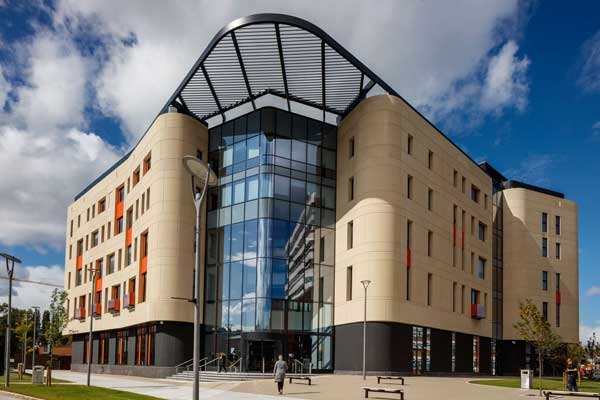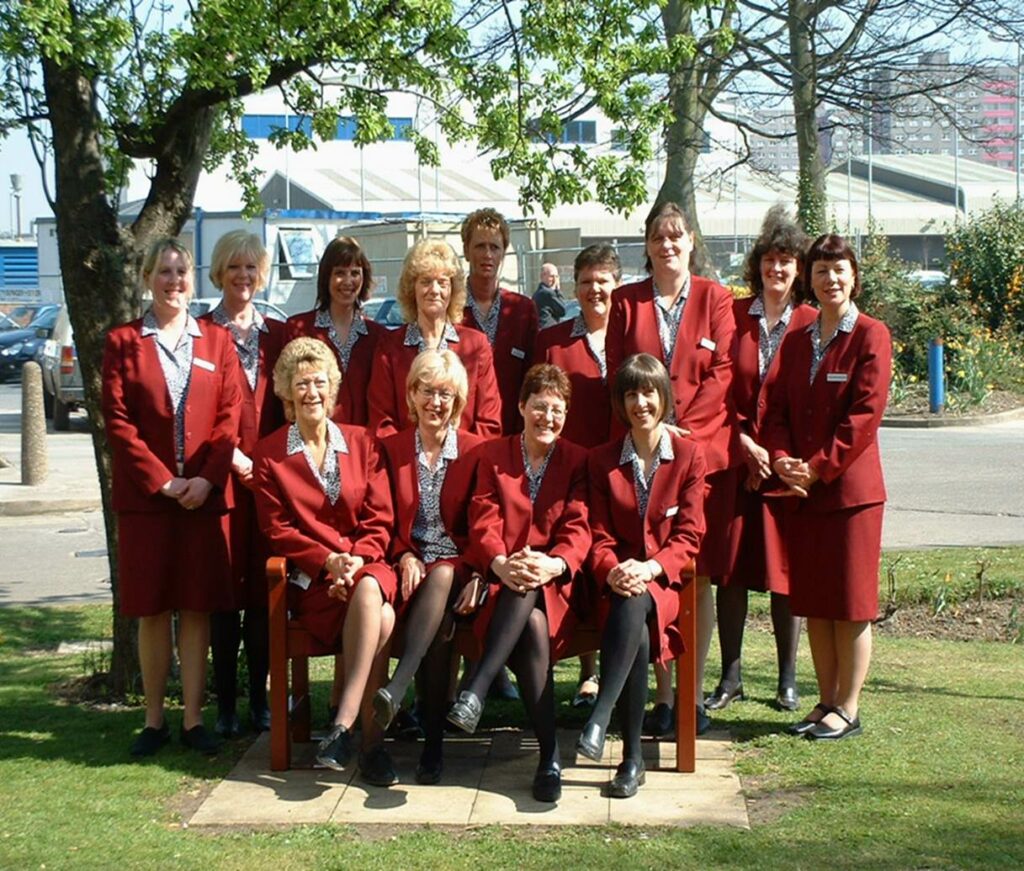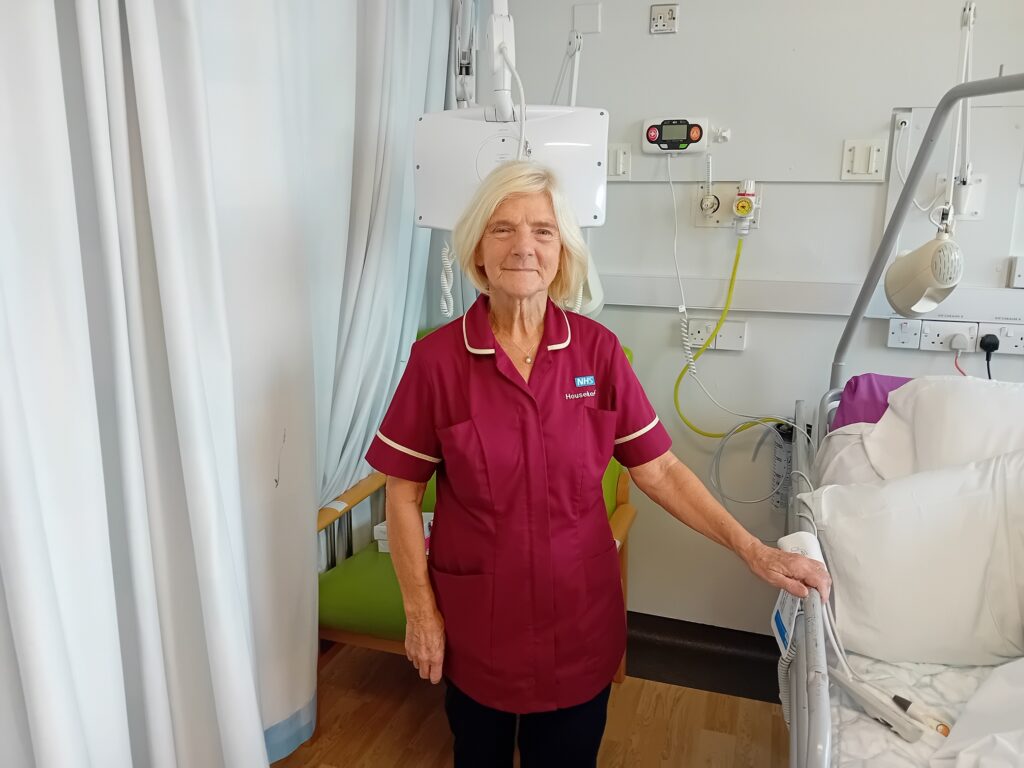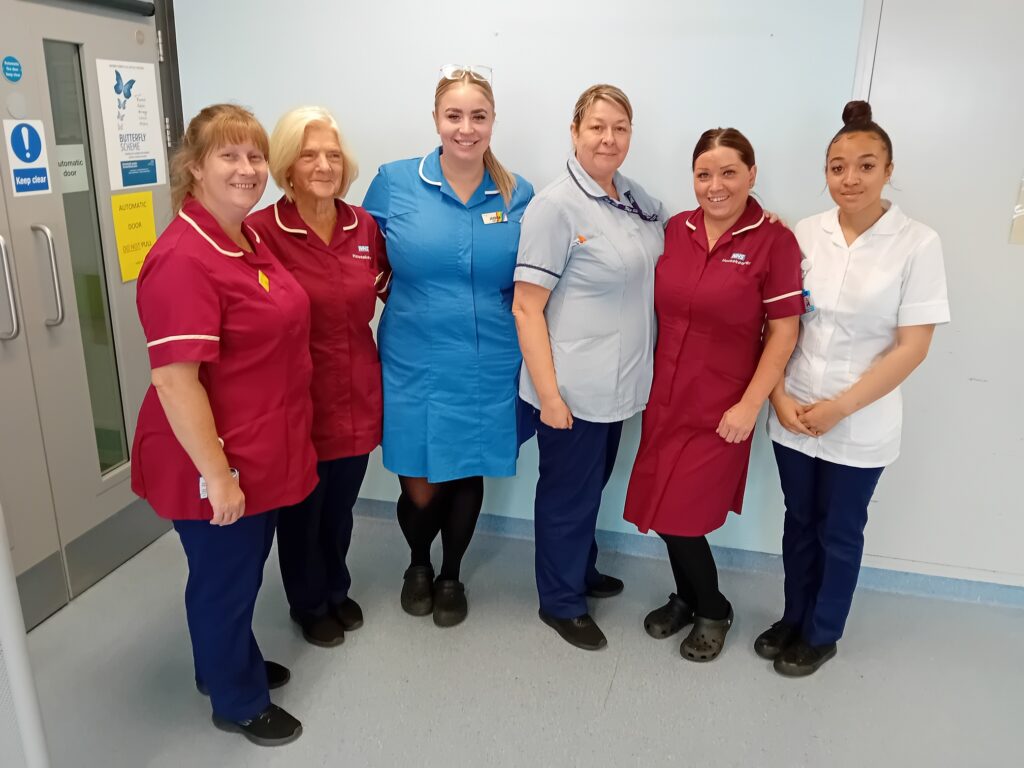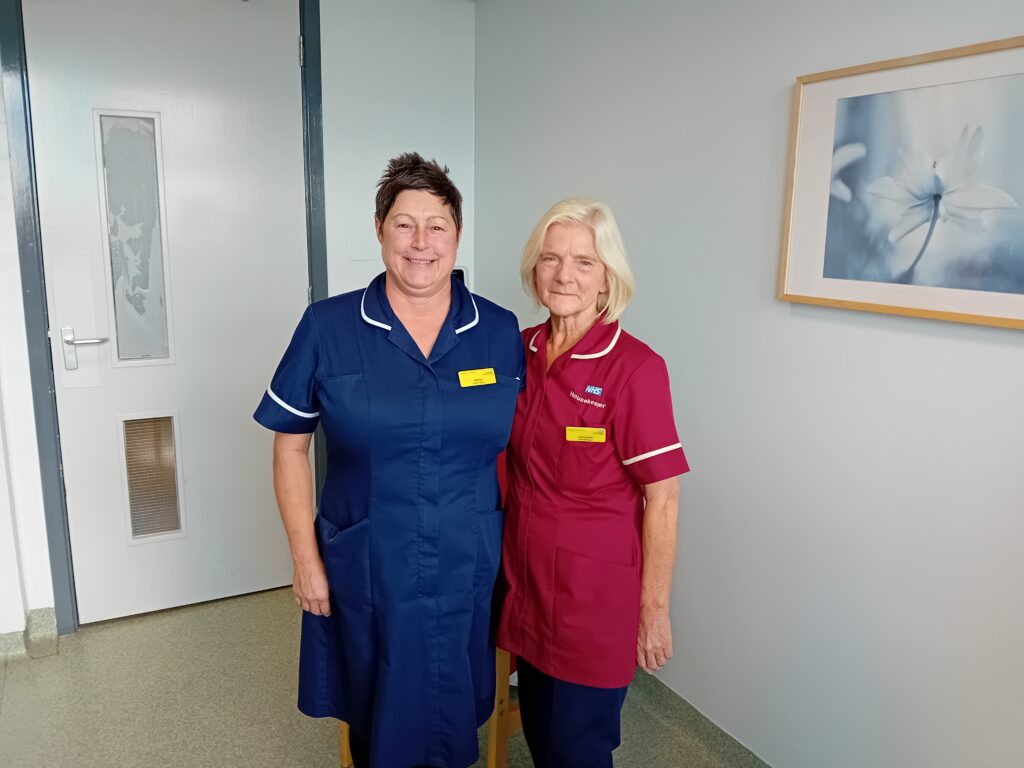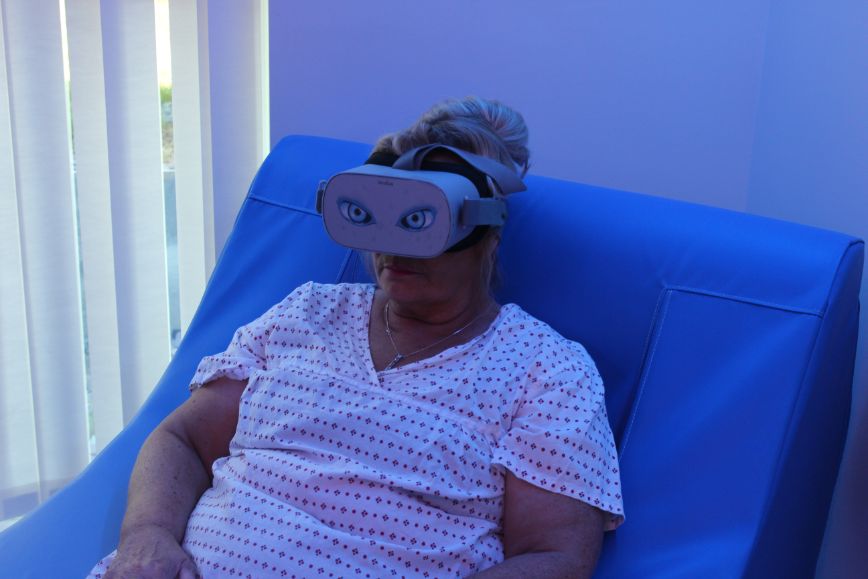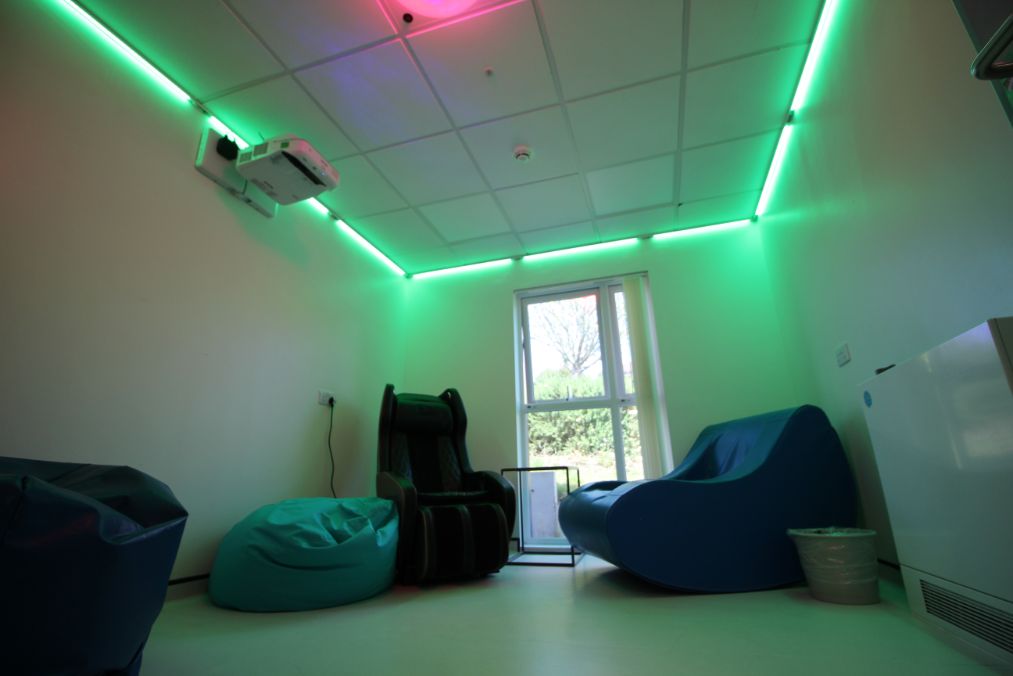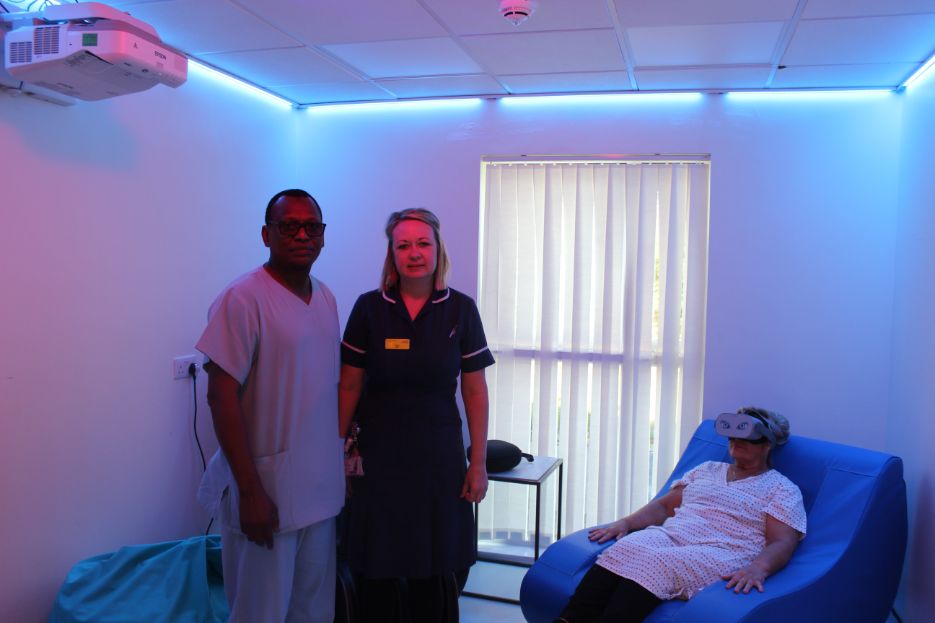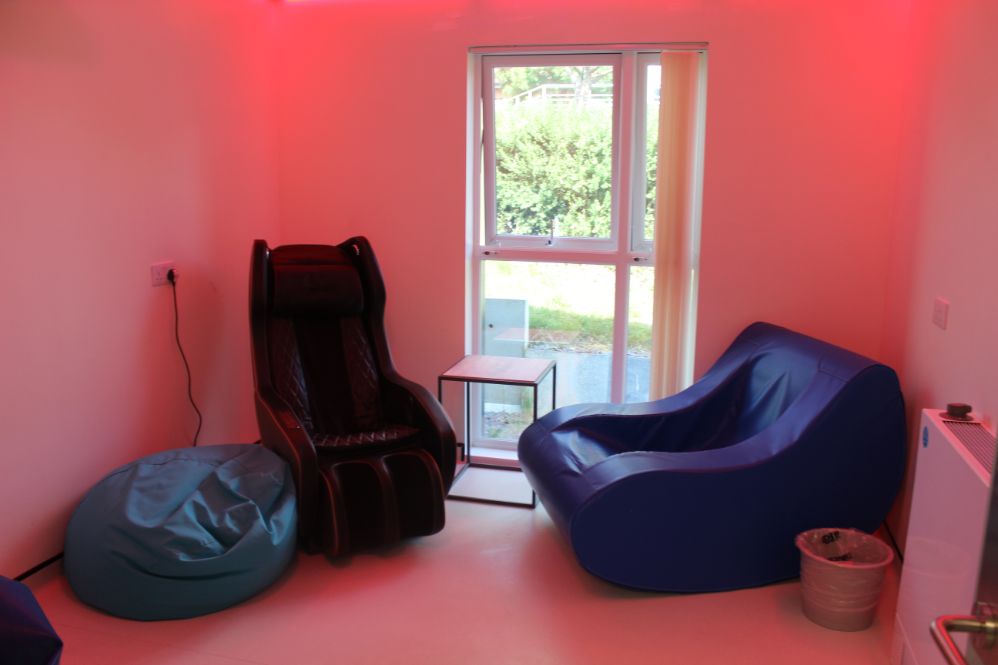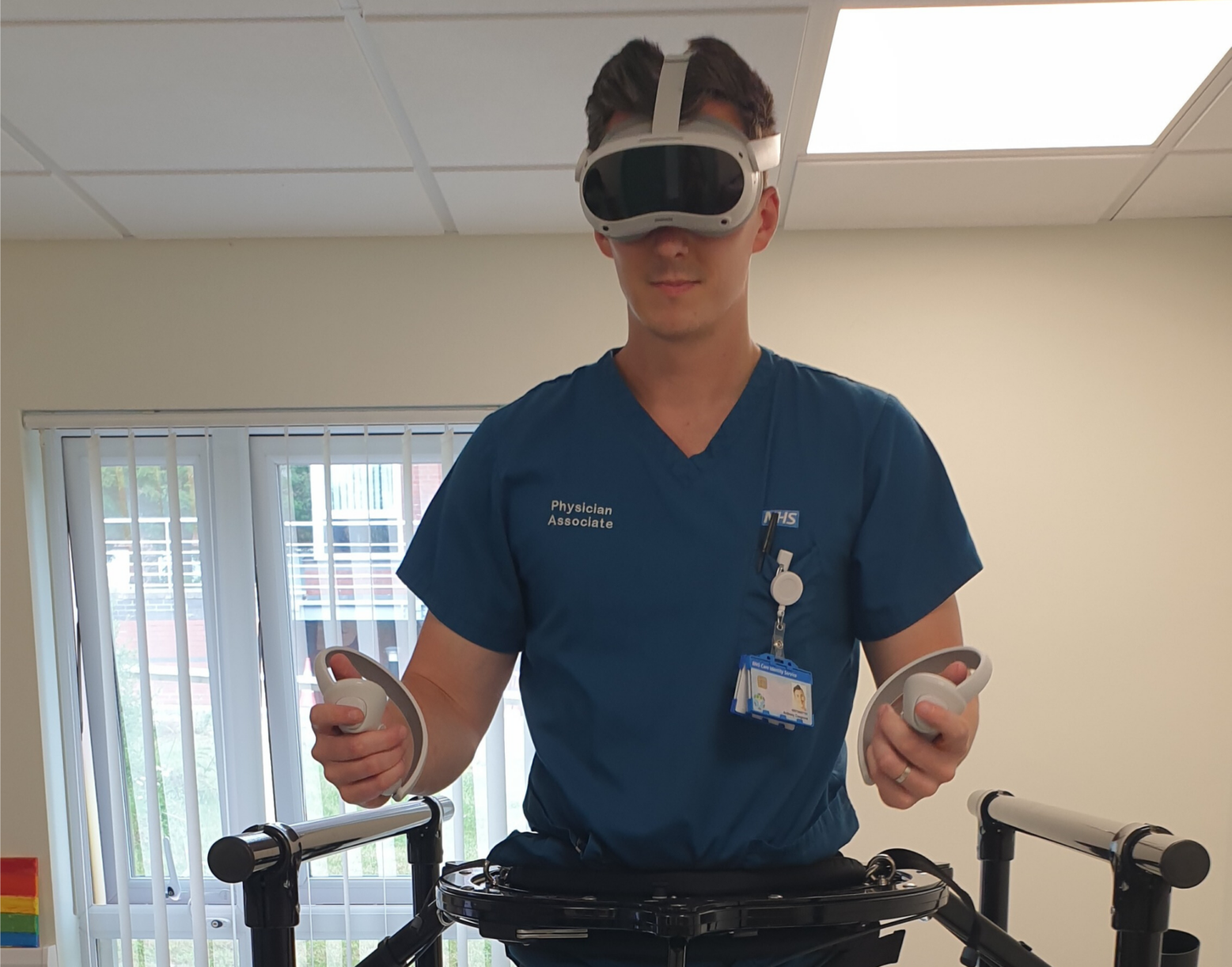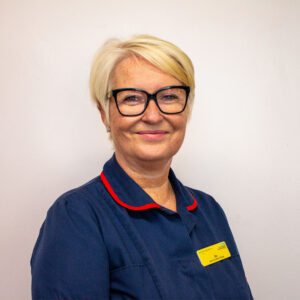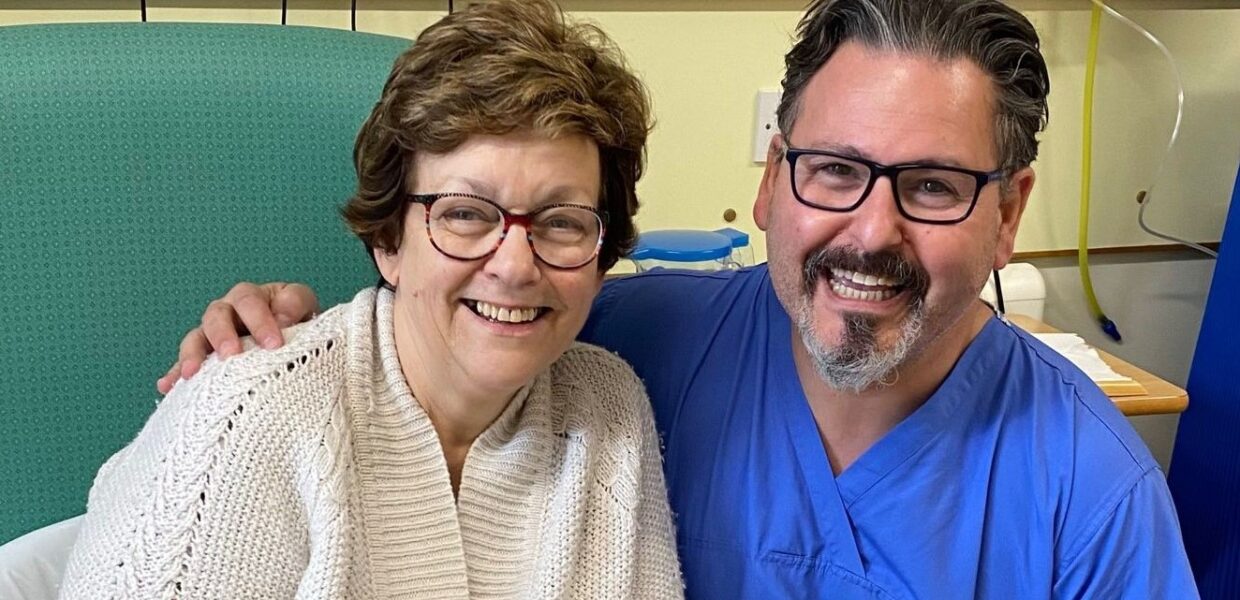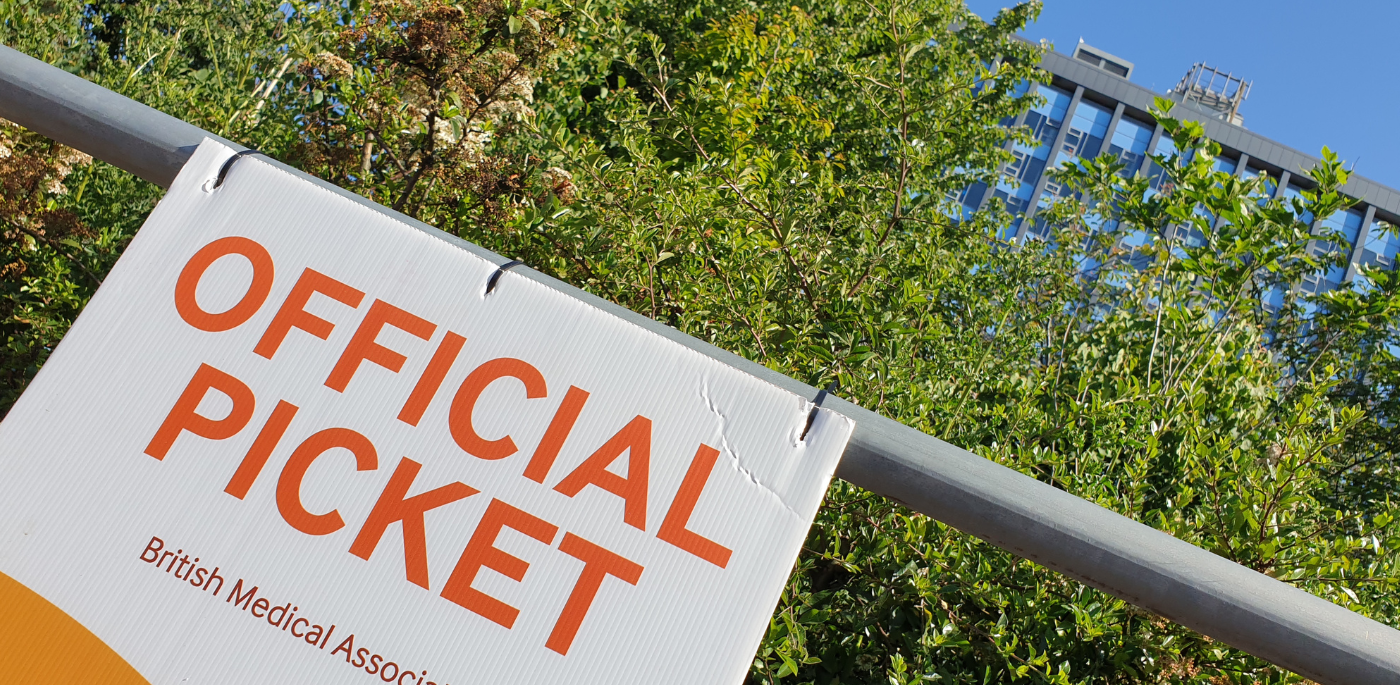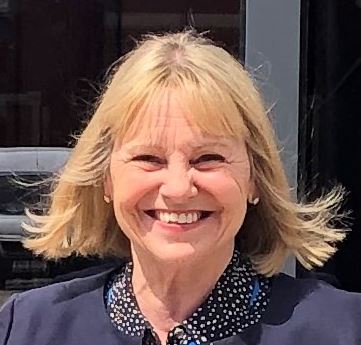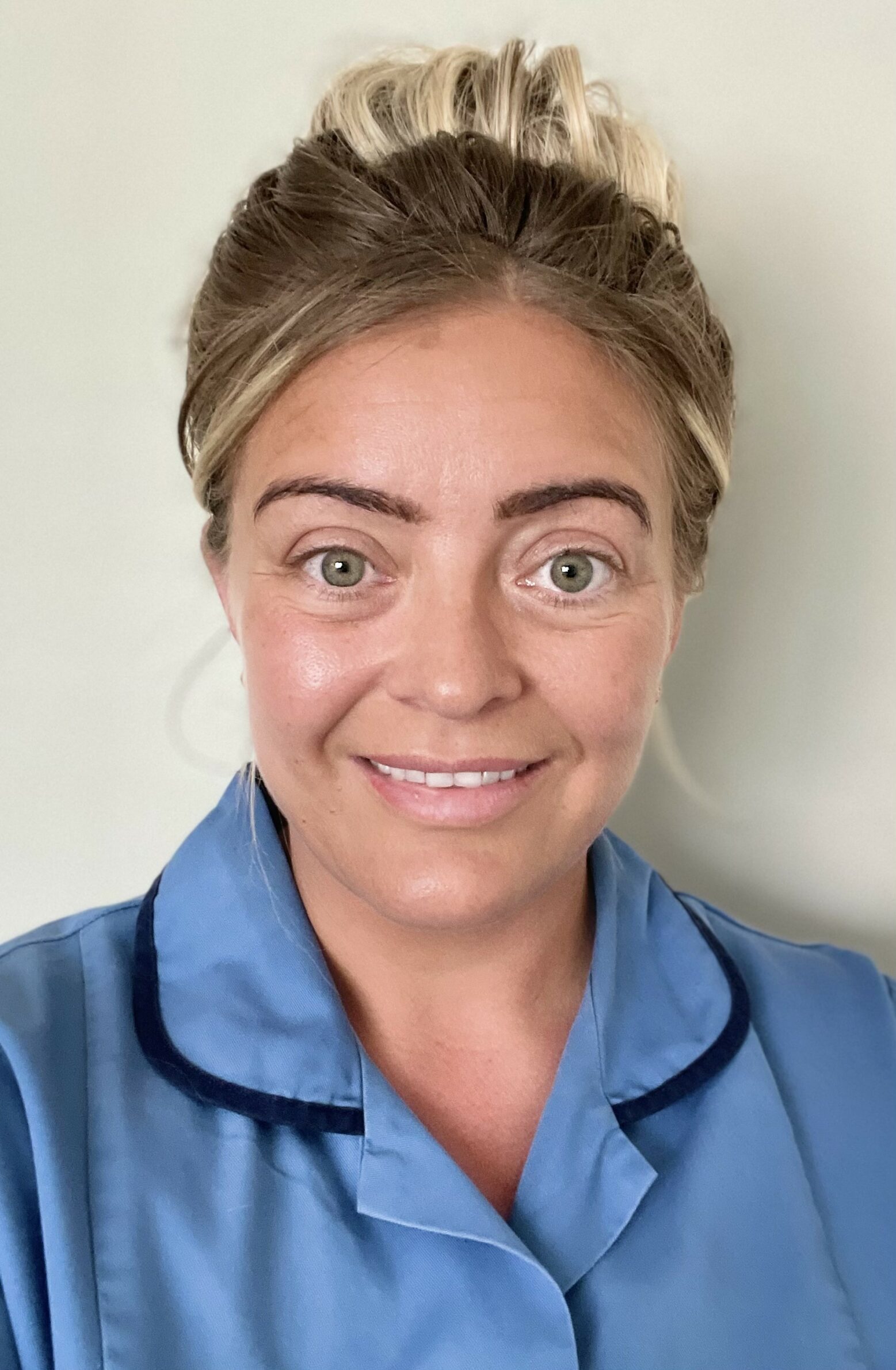Hull York Medical School (HYMS) is celebrating two decades of training medical students.
It was 20 years ago when the first cohort of medical students commenced their studies with HYMS. Since then, countless students have studied and gone on to have careers within the NHS.
As well as sites at Hull and York universities, HYMS also has a presence at Hull, Castle Hill, Scunthorpe and Grimsby hospitals. This is one of the most important partnerships for us as a Group, and part of our ongoing strategy to train and develop the doctors of the future in our hospitals.
Kath Hallam, Undergraduate Education Manager at Northern Lincolnshire and Goole NHS Foundation Trust (NLaG) said: “HYMS was brand new when it first opened, there was nothing else like it. We started with 16 students on each site. We now have around 90 in Grimsby and 100 in Scunthorpe, with more than 540 individual student places.
“It has grown so much in the last 20 years. The most important thing for us is recruitment and retention, so it’s great to see students who now work in our hospitals. I’d like to say a big thank you to all the staff and tutors, as we see so much positive feedback about friendly and welcoming staff, as it’s everyone involved who makes it work.”
Carl Fenton, Orthopaedic Consultant at NLaG, was one of the first students in 2003. He said: “I studied at HYMS for five years. We were like the guinea pigs, as it was all completely new.
“I think the mix of academic studying and practical work is the most important part of it. It’s really good that you can learn in the classroom and then put those skills into practice out on the wards. My career has taken me to various places but I’ve come full circle, as I’m back at NLaG.”
Maddy Hover, a Speciality Registrar in Paediatrics at NLaG, said: “I was a student at HYMS from the beginning. It was something new and fresh at the time. I am Irish but grew up in France and I specifically chose to come and study at HYMS.
“It was challenging but I really enjoyed my time there. It was a really interesting way of learning that worked for me. Like Carl, I have also returned to my roots as I’m back working at NLaG.”
Ajay Chawla, Clinical Dean at NLaG, said: “I have been involved with HYMS since it started. Everyone is so passionate, including the students and the tutors. It has evolved so much since 2003 and I want to congratulate everyone on this terrific milestone.”
The impact HYMS has had on the Hull University Teaching Hospitals NHS Trust (HUTH) is immense.
Alec Ming, Consultant in Neurology, HUTH and Clinical Placement Tutor at HYMS, said: “I have been involved in HYMS teaching from the beginning and have seen the developments. When speaking to my two older children, both of whom are doctors and trained/worked in Sheffield, Birmingham and Leeds, they and others in their departments have often stated that the year one and two foundation doctors who trained at HYMS are efficient and know their ‘stuff’. This makes me proud of the programme that we have.
“Also, HYMS with the attitude of offering places for older graduates doing a second degree have produced excellent doctors.”
James Lloyd, Clinical Teaching Fellow at HYMS, said: “Having held the role of clinical teaching fellow for a number of years as a junior doctor within HUTH, I have loved the near-peer experience of sharing experience and knowledge to students and colleagues going through the same process as I did. It is an honour to make such an impact to the lives and careers of our students.
“HYMS has shaped thousands of students, as much as shaped the hospital we work in, education is an integral part of our values because of the impact it has on the future of healthcare.”

